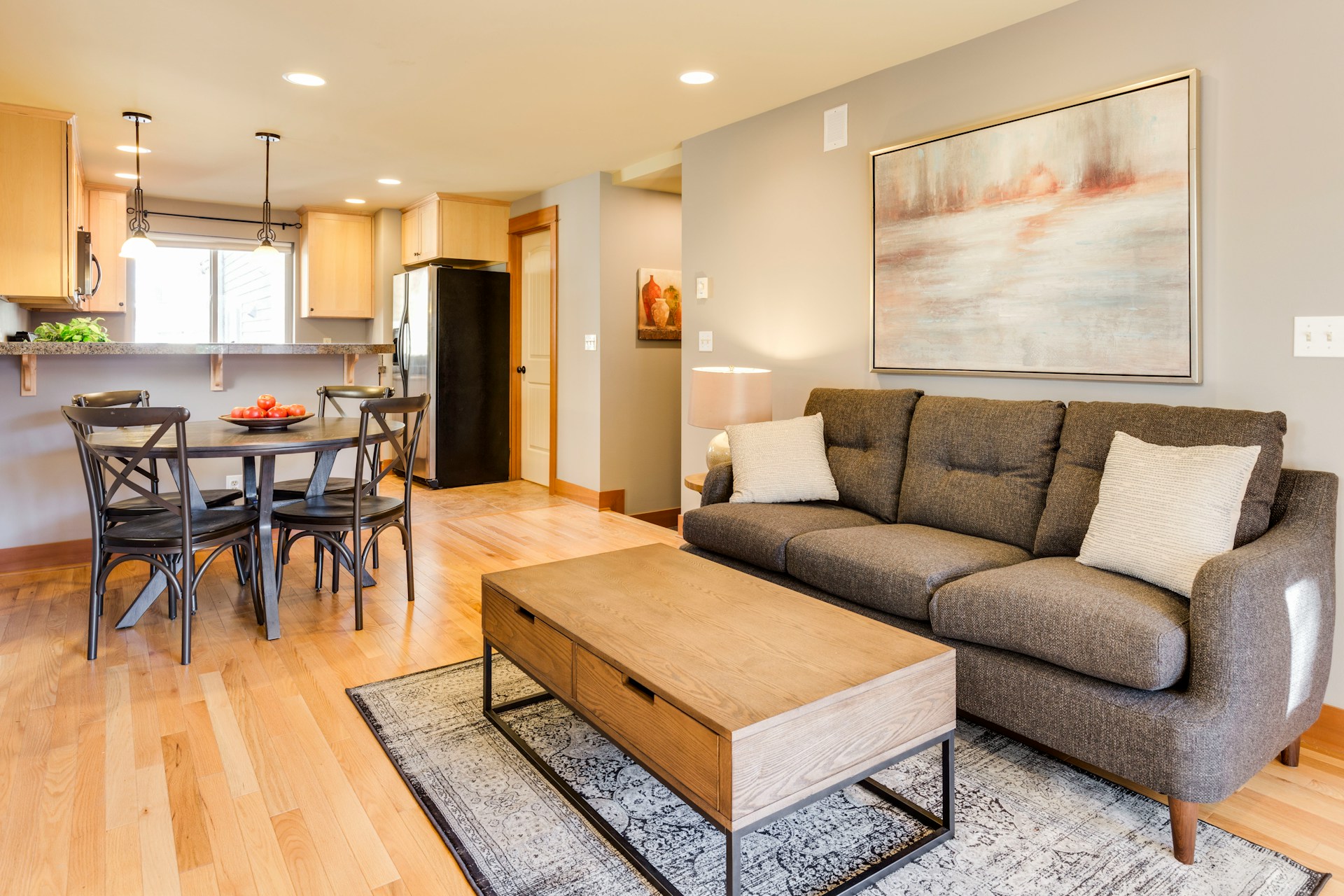Boosting your home’s energy efficiency is not only beneficial for the environment but also for your wallet. As energy costs continue to rise in 2024, taking steps to reduce your home’s energy consumption can result in significant savings. Additionally, an energy-efficient home provides a more comfortable living environment and can increase property value.
There are many ways to improve your home’s energy efficiency, from simple upgrades to more comprehensive projects. Whether you are considering new appliances, optimising your heating and cooling systems, incorporating solar solutions, or implementing smart home technologies, each step can make a significant impact. Understanding the most effective strategies will help you make informed decisions that align with your energy-saving goals.
Upgrading to Energy-Efficient Appliances
Upgrading to energy-efficient appliances is one of the most effective ways to improve your home’s energy efficiency. These modern appliances are designed to consume less electricity while still providing the same level of performance as their less efficient counterparts. When shopping for new appliances, look for the Energy Rating Label, which indicates the appliance’s energy consumption. A higher number of stars on the label means greater energy efficiency.
Common household appliances that benefit from being energy-efficient include refrigerators, washing machines, dishwashers, and ovens. For instance, upgrading to an energy-efficient refrigerator can save you a significant amount on your electricity bill, as refrigerators are one of the largest consumers of energy in most homes. Similarly, energy-efficient washing machines use less water and power, reducing both utility costs and environmental impact. By investing in these appliances, you’ll see a noticeable decrease in your energy consumption.
Optimising Your Heating and Cooling Systems
Heating and cooling systems are major contributors to household energy consumption. Optimising these systems can lead to substantial energy savings. One effective way to do this is by regularly maintaining your HVAC system. Simple tasks like cleaning or replacing air filters and ensuring that vents are clear of obstructions can improve the system’s efficiency.
Another strategy is to install a programmable thermostat. With a programmable thermostat, you can set your heating and cooling systems to operate only when needed, which reduces unnecessary energy use. For example, you can set the thermostat to lower the temperature at night or when you’re away from home, and have it warm up the house before you wake up or return.
Additionally, insulation plays a crucial role in maintaining your home’s temperature. Properly insulating your walls, roof, and floors helps keep the heat out in summer and the warmth in during winter. Sealing gaps and cracks around windows and doors also prevents drafts, making your heating and cooling systems work more efficiently. Implementing these measures will not only enhance comfort but also lower your energy bills.
Incorporating Solar Solutions
Incorporating solar solutions can dramatically improve your home’s energy efficiency. Installing solar panels allows you to harness the power of the sun to generate electricity for your home. This renewable energy source reduces your dependence on the grid and lowers your energy bills. Additionally, government incentives and rebates in Victoria can help offset the initial investment cost of solar panel installation.
Pairing solar panels with a solar battery storage system maximises your energy utilisation. During the day, your solar panels generate electricity, and any excess energy is stored in the battery for use when the sun isn’t shining. This stored energy can power your home at night or during power outages, providing both cost savings and energy security. By adopting solar solutions, you not only make your home more energy-efficient but also contribute to a more sustainable future.
Implementing Smart Home Technologies
Implementing smart home technologies is another effective way to boost your home’s energy efficiency. Smart devices, such as thermostats, lighting systems, and appliances, allow you to control and monitor your energy usage more effectively. For instance, a smart thermostat lets you adjust your home’s temperature remotely and learn your schedule to optimise heating and cooling.
Smart lighting systems can also contribute to energy savings. These systems allow you to control lights remotely or set schedules, ensuring lights are only on when needed. Motion sensors can automatically turn lights off in unoccupied rooms, further reducing energy waste. Additionally, smart plugs and power strips can cut power to appliances when they are not in use, preventing phantom energy draw.
By integrating smart home technologies, you gain greater control over your home’s energy consumption, making it easier to identify areas for improvement and reduce overall energy use. These technologies can be particularly effective when used in conjunction with other energy-saving measures.
Conclusion
Boosting your home’s energy efficiency is a practical and rewarding endeavour. Whether you start by upgrading to energy-efficient appliances, optimising your heating and cooling systems, incorporating solar solutions, or implementing smart home technologies, each step brings you closer to a more energy-efficient and cost-effective home. By taking a comprehensive approach, you not only reduce your energy bills but also contribute to environmental sustainability.
At Western Elec, we specialise in helping homeowners achieve greater energy efficiency through a range of services, including residential solar panel installation, energy-efficient appliance advice, and smart home technology integration. If you’re ready to take the next step towards a more energy-efficient home, contact us today. Let us assist you in creating a greener and more efficient living space.


